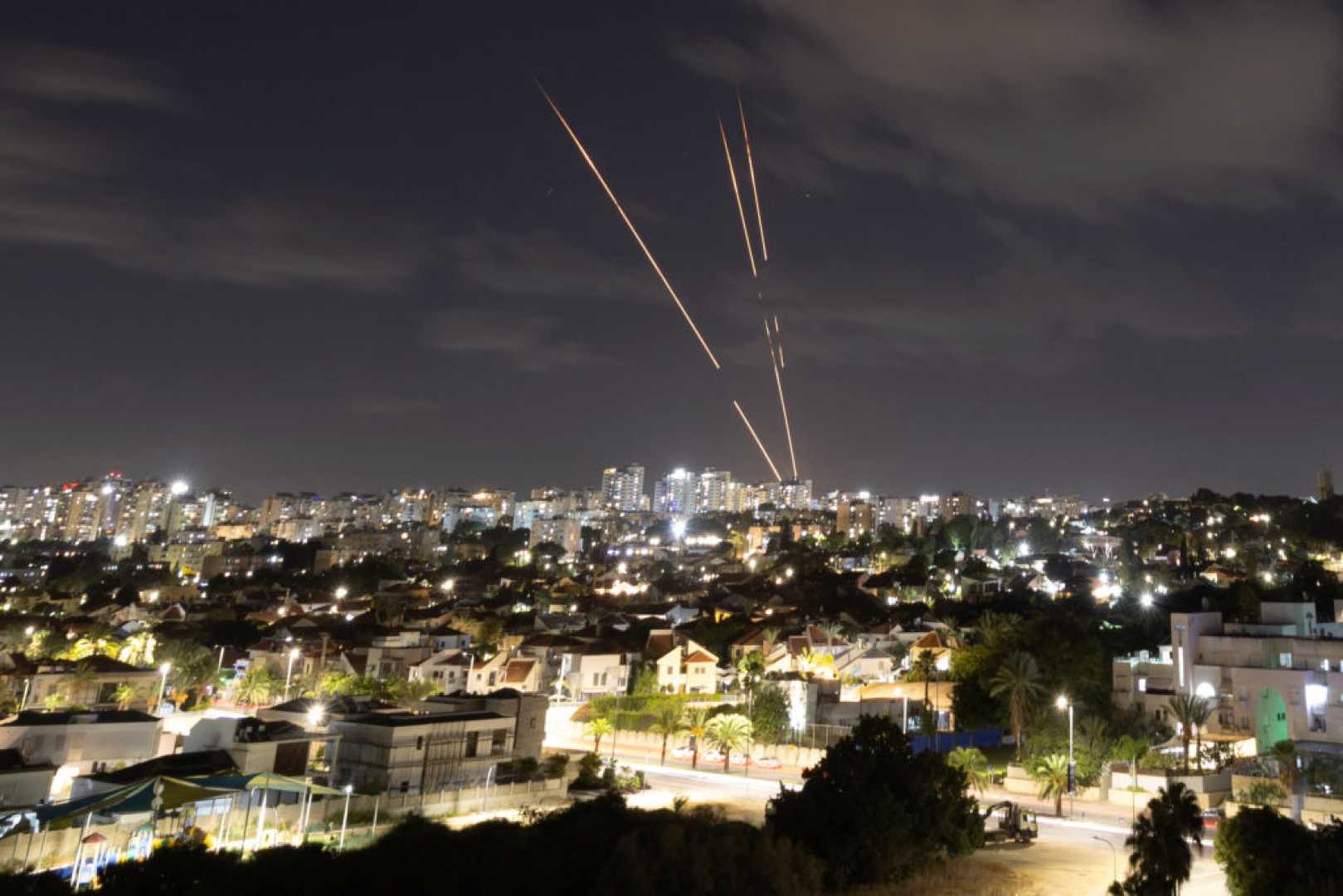World
Israel Prepares Potential Responses to Iran’s Missile Attack

Recent military tensions between Israel and Iran have escalated following a large-scale missile attack by Iran. According to Reuters, the salvo, which consisted of more than 180 ballistic missiles, was largely intercepted by Israel’s sophisticated air defense systems, including the Iron Dome. This incident has led to speculation about possible Israeli retaliation, with some analysts predicting targeted strikes on Iranian military installations, particularly those associated with ballistic missile production.
The United States, a staunch ally of Israel, has accused Iran of supplying short-range ballistic missiles to Russia, which are reportedly being used in Ukraine. Both Tehran and Moscow have denied these allegations. Analysts suggest that targeting Iranian military sites responsible for missile production could serve as a direct reciprocation for Iran’s attack.
There is also consideration of a strike on Iran’s nuclear facilities, which could disrupt its nuclear ambitions. Richard Hooker, a retired U.S. Army officer with experience on the U.S. National Security Council, mentioned that, while the likelihood of Israel targeting Iran’s nuclear infrastructure is “a distinct possibility,” it is not probable due to potential dramatic retaliations from Iranian leadership.
Iran has consistently denied having a nuclear weapons program, with the U.N. nuclear watchdog, the IAEA, and the U.S. intelligence community concluding that Iran’s coordinated nuclear weapons efforts ceased in 2003. However, with the dissolution of the 2015 nuclear agreement, experts warn that Iran could produce weapons-grade uranium relatively quickly.
Another possible target for Israel could be Iran’s petroleum industry, crucial to its economy. Such an action could incite Iran to retaliate against oil infrastructure in Saudi Arabia and other Gulf nations, potentially disrupting global oil prices—a sensitive issue given the proximity of U.S. elections.
David Des Roches, a former Department of Defense official, expressed doubts that a spike in oil prices would deter Israeli actions, noting that higher prices might even be perceived as beneficial to certain political campaigns in the U.S.
Political alliances also play a role, with Israeli Prime Minister Benjamin Netanyahu showing alignment with former President Donald Trump and the Republican party. While military action is seen as the most likely response, Israel could also deploy non-military strategies, including imposing additional sanctions or leveraging cyber warfare capabilities.
The U.S. President has threatened further sanctions on Iran, which are already extensive, blocking U.S. trade and freezing Iranian assets. Additionally, Israel’s cyber unit has recently been active, as demonstrated by a cyber operation targeting Hezbollah in Lebanon.
Reporting for this article was provided by journalists Jonathan Landay, Patricia Zengerle, and Matt Spetalnick, with edits by Don Durfee and Matthew Lewis.












